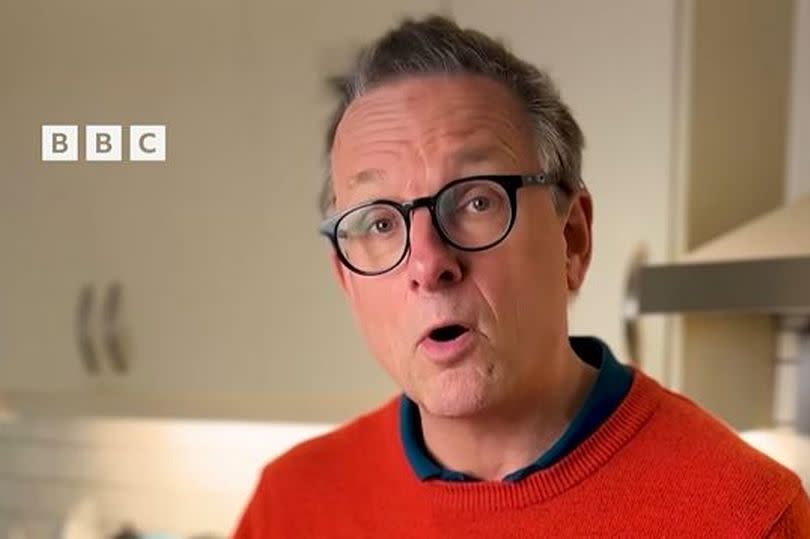Dr Michael Mosley says 2p pill can ward off dementia and cancer

Dementia and cancer might be kept at bay with a simple 2p-a-day pill, according to Dr Michael Mosley who revealed he's personally using it. The 66 year old, known for creating the 5:2 and Fast 800 diets, has been supplementing his nutrition routine with daily Vitamin D due to the key benefits it provides, particularly for older individuals.
Writing in his Daily Mail column, the esteemed fitness doctor voiced that although he generally doesn't endorse supplements as a balanced diet should suffice in supplying crucial vitamins Vitamin D absorption tends to lessen with age. This vitamin plays a significant role in fending off diseases like dementia and lessening the risk of colon cancer.
Mosley previously only took the supplement during winter months when the sun is weaker, but has now opted for it to be part of his regular health regime throughout the year - a ritual also recommended by the NHS. An £8.99 pack consists of around 400 pills, translating to roughly 2p per day for each pill.
READ MORE Jonnie Irwin's wife explains TV star's cause of death for first time
The doctor shared his personal approach: "I eat a lot of oily fish and eggs, both rich in vitamin D, and I also go outside for lots of walks, so my vitamin D levels should be well topped up. However, this year I am going to keep taking those supplements.", reports the Mirror.
He elaborated on his choice, referencing scientific findings: "That's partly because, surprise surprise, each year I get older and studies have shown that as we age our bodies become less effective at absorbing vitamin D from food and our skin also becomes less efficient at converting sunlight into this nutrient.
"That, and the fact older people tend to spend more time indoors or in the shade, means that vitamin D deficiency is very common in the over 60s, even in the summer months, particularly if you have darker skin."
Dr Mosley noted that there's a range of opinions on how much vitamin D one should take. The NHS recommends 10 micrograms (mcg) - or 400 international units (IU), while the National Institutes of Health in the US suggests 15 mcg, increasing to 20 mcg for those over 70. However, he personally opts for a higher dose: "I take 25 mcg (1,000 IU), which is within the limits of what's considered safe (anything under 100 mcg a day for adults or 50 mcg for children, according to the NHS) but closer to the sort of doses studies show you need to take to ward off infections, cancers, and maybe even dementia."
He highlighted that vitamin D is most famously known for its role in maintaining bone health by enhancing calcium absorption in the body.
He explained: "In recent years, scientists have discovered that there are vitamin D receptors in nearly all our cells, suggesting that its usefulness extends far beyond the bones. But there's mounting evidence that to enjoy the benefits in these areas, such as preventing colon cancer and maintaining brain health, you need bigger doses than routinely recommended. For instance, when it comes to cancer, a very recent study, published in the journal Science, showed that one of the ways taking large doses of vitamin D might work is by boosting the sort of gut bacteria that are particularly good at preventing the growth of bowel cancers."

 Yahoo News
Yahoo News 
